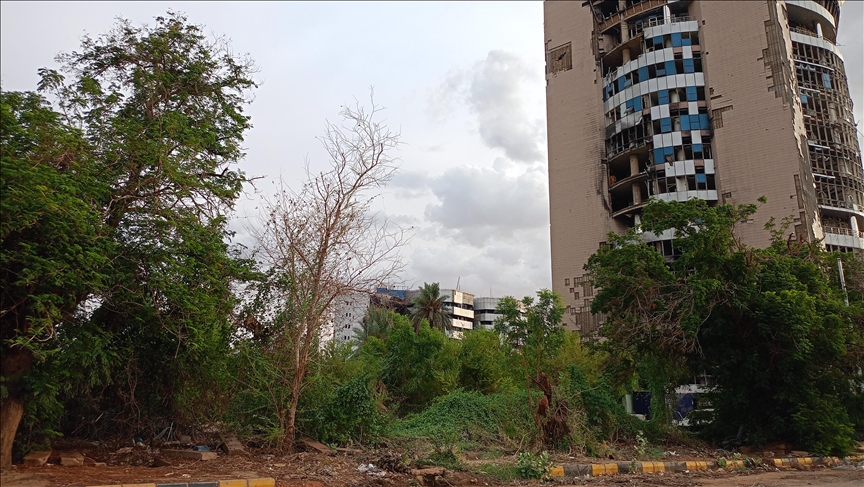Local media says air defence systems responded to drone strikes on Kenana military base in White Nile. Sudanese army also repels Rapid Support Forces attacks on besieged El Fasher
Sudan’s army said Saturday its air defence systems intercepted a drone attack targeting a military base in Kenana, south of the capital Khartoum, amid ongoing clashes with the paramilitary Rapid Support Forces (RSF).
Witnesses told the local outlet Sudan News that army defences responded to the drone strike early Saturday, which targeted the Kenana military base in White Nile state. There were no immediate reports of casualties or damage.
The RSF began launching attacks on Khartoum International Airport, along with the other vital targets in Khartoum state, on Tuesday, just as the facility was set to reopen after a closure of more than two years. The airport received its first civilian passenger flight on Wednesday. Sudan took control of the capital from the RSF in March.
Separately, two Sudanese military sources told Al Jazeera that army drones destroyed a cargo aircraft early Saturday at the Nyala airport (under RSF) in South Darfur state.
There was no immediate comment from the RSF on the reports.
The Sudanese army and the RSF have been fighting a civil war since April 2023 that has killed thousands and displaced millions. By Mohammad Sıo, Anadolu Agency






